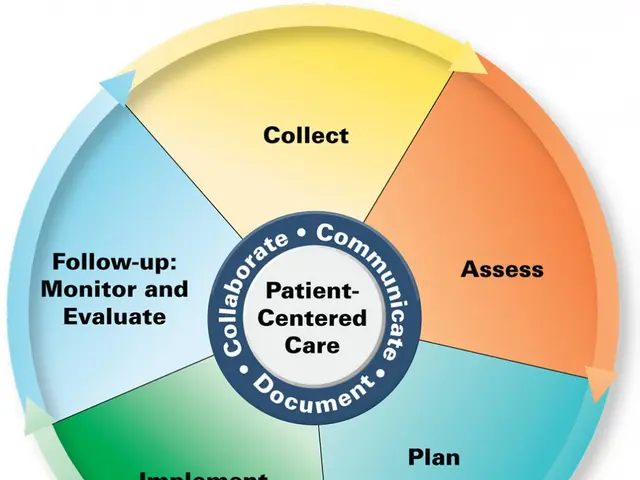Significance of Emotional Affirmation: Understanding Its Impact on Your Child's Well-being
As a parent, offering your child emotional validation is an invaluable gift. It means truly understanding their feelings, without judgment, and accepting them as they are. This is essential for their overall well-being and emotional growth.
validating their feelings helps build trust and allows them to understand their emotions better, leading to emotional strength. This process reduces the likelihood of emotional outbursts, tantrums, and even the development of depression and anxiety.
Without emotional validation, however, children may struggle with their emotions, leading to long-lasting issues such as depression, anxiety, self-criticism, and unhealthy habits.
As parents, it's our responsibility to create a supportive emotional space for our children. By validating their feelings, we strengthen the bond with our children and support their emotional growth. Practicing mindful parenting, which includes emotional validation, can greatly improve our parenting experience, minimizing stress and making it more enjoyable.
Here are some practical steps for emotional validation:
- Empathize with your child's feelings by saying, "I can see that you are feeling upset right now."
- Acknowledge their emotions by saying, "I understand why you feel that way."
- Offer supportive presence by sitting with them, giving hugs, or simply being there when they need you.
- Reflect their feelings by repeating back what they said.
- Connect their emotions with the events that led to their feelings by saying, "It's understandable that you're feeling frustrated after not getting what you asked for."
Emotional validation is not about fixing or changing a child's emotions, but rather about acknowledging and accepting them. By practicing emotional validation consistently, parents can help their children feel heard, build stronger relationships, and support their emotional development.
It's important to be aware of the signs of emotional invalidation and how it can affect a child's behavior and feelings. Common forms of emotional invalidation include ignoring or minimizing a child's emotional expressions, labeling their emotions negatively, and denying their experiences. These forms of invalidation can deeply impact a child's emotional health and growth, leading to feelings of insecurity, self-doubt, and even mental health issues.
By building trust through emotional connection, we can create a happy and healthy family. Emotional validation plays a crucial role in promoting emotional health, boosting self-esteem, and enhancing our overall relationships with our children.
- Cultivating emotional intelligence in parenting is instrumental for child development, as it promotes a deeper understanding of a child's feelings.
- Establishing boundaries and practicing conflict resolution, while maintaining consistency, are essential for a healthy parent-child relationship, fostering a sense of equality and respect.
- Science strongly suggests that family-health and mental-health are interconnected, emphasizing the importance of parenting that prioritizes emotional well-being.
- Emotional validation, when practiced regularly, not only builds trust and strengthens the parent-child bond but also bolsters a child's emotional strength, minimizing chances of depression and anxiety.
- In ensuring our children's well-being, it is vital to recognize and avoid emotional invalidation, as it can lead to harmful impacts on their emotional health, self-esteem, and overall relationships.
- A supportive emotional space for a child, created through mindful parenting, offers numerous benefits, including reducing stress, improving the parenting experience, and promoting long-term emotional growth and health-and-wellness.







